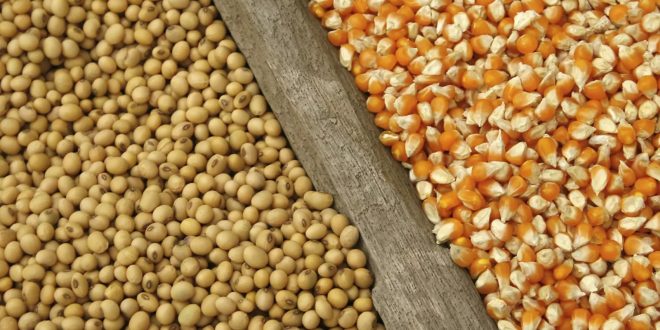The Government of Ghana has directed the National Food Buffer Stock Company (NAFCO) to purchase surplus grains from farmers across the country, following projections of a bumper harvest in 2025.
The directive, announced by the Ministry of Food and Agriculture (MoFA), is aimed at preventing a potential glut on the market—driven by high expected yields this season and unsold carry-over stocks from the 2024 harvest.
According to MoFA, this marks the first time since NAFCO’s establishment that such substantial financial resources have been allocated to enable large-scale grain procurement for storage.
Strategic Intervention
Officials say the initiative is designed to:
- Minimise post-harvest losses
- Stabilise farmgate prices
- Ensure strategic food reserves
- Strengthen food security and emergency preparedness
“The general public is assured that MoFA, working with all relevant agencies and stakeholders, is fully engaged in ensuring that every grain produced by Ghanaian farmers finds a sustainable and profitable market,” the Ministry said in a statement.
Farmers are being urged to remain calm, as NAFCO will be active on the ground to purchase produce, providing a ready market and helping to maintain price stability.
Background and Industry Concerns
The intervention follows warnings from the Chamber of Agribusiness Ghana (CAG), which recently raised alarm over the grain sector’s vulnerability.
CAG reported that over 100,000 metric tonnes of maize and rice from the 2024 harvest remain unsold, blaming the situation on:
- Cheap grain imports
- Smuggling of substandard grains
- Lack of storage and market linkages
“With the 2025 harvest season fast approaching, the problem could intensify, undermining livelihoods, collapsing mills, and placing national food security at risk,” CAG stated.
Many farmers, trapped in debt, have been forced to sell below production cost, while local processors struggle to stay afloat.
The government’s directive is seen as a critical relief measure to protect farmers, support agro-processors, and secure Ghana’s food systems against future shocks.
 Adoa News Adoa News
Adoa News Adoa News




